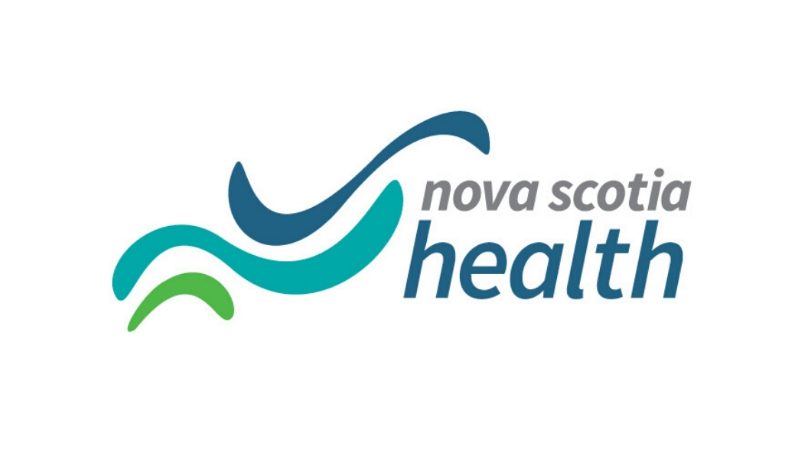University students question if tuition is worth it this year
Posted Sep 6, 2020 05:15:00 PM.
With the university term starting soon, some students question if paying thousands of dollars in tuition is worth it this year.
In May, a coalition of high education unions in the province came together to demand reduced tuition, increased bursaries and no layoffs for faculty and professors.
But most of the universities in Nova Scotia have increased tuition costs for the 2020-2021 school term. NSCAD University is the only university in the province that freezed its tuition.
For Canadian students, tuition across Nova Scotia’s universities has increased by about 3 per cent. Tuition for international students, which isn’t regulated in Nova Scotia, is up by around 7 to 10 per cent.
“We do know of course, with the time over the summer, that institutions and professors respectively have been preparing for this shift,” Clancy McDaniel from Students Nova Scotia tells NEWS 95.7’s The Todd Veinotte Show. “It is going to be different, and yet students are being asked to pay more than they typically would.”
McDaniel, the executive director of Students Nova Scotia, says that costs like professor salaries, tuition inflation and housing are logical, but some may find the increase in tuition hard to justify.
“We have to make sure that if we’re going to continue to pay this price, students are getting the value for their dollar when it comes to their course content,” she says.
Universities in Nova Scotia have adopted either a fully online or hybrid model of classes. Students are still unsure about what the upcoming semester will look like, and McDaniel says there must be a bare minimum standard for what students receive in a class.
For instance, she says students shouldn’t have an experience where one of their professors uploads a reading list and they don’t hear from that professor again until the final exam while another professor does their best to have engaging material.
Typically, students can evaluate their courses and professors at the end of their semester or term. Theoretically, this helps the institution gauge course structures and quality of professors to see what must be changed in the future.
To help improve the quality of online classes, McDaniel says Students Nova Scotia plans to create a communication channel or method for students to raise concerns or flag issues while enrolled in the course rather than at the end.
One issue McDaniel says could be flagged is that some students may not be living under Atlantic Standard Time (AST) and must attend classes at irregular hours. For example, an international student living in China under China Standard Time (CST) who’s enrolled in a 2 p.m. AST class would have to attend class at 2 a.m. CST.
McDaniel also says students could flag a professor who doesn’t make time for online office hours or a professor who’s generally inaccessible.
“If there’s such wide variance where students really feel like they’re not getting the value for their dollar, that’s a conversation we need to have,” she says. “Because at the same time, this is one of the most difficult times affordability-wise for students that we’ve seen in years.”
McDaniel says she comes from a low-income family in rural Cape Breton. If she didn’t get a job this summer, it would’ve been difficult for her to enroll in the upcoming semester.
“That’s the position a lot of students are in,” she says. “It’s not simply a matter of, ‘well maybe I’ll go to school.’ For a lot of people, it takes sacrifice.”










